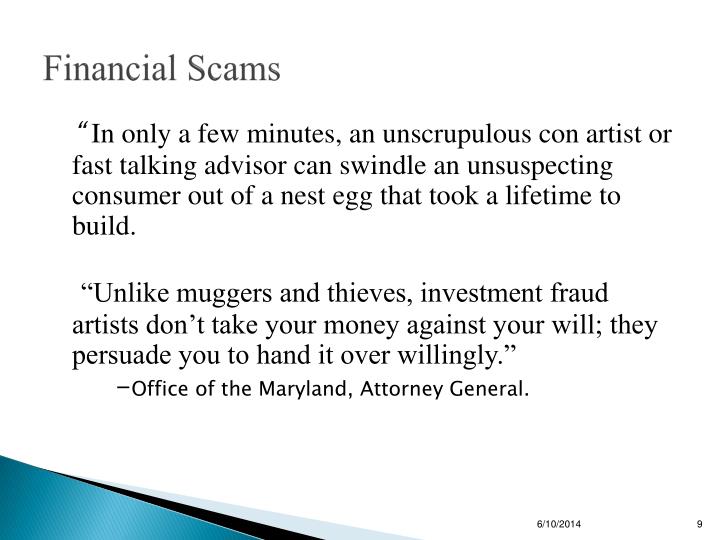Image source: http://www.getwhatyouwant.ca/wp-content/uploads/2013/01/Macleans-Great-Real-Estate-Crash-of-2013.jpg
Nonetheless, housing prices have surged relentlessly forward year in and year out, stretching the budgets of Canadians to levels never seen before in Canadas history. Like many nations, Canada has adopted the belief that a house is an investment, therefore renovations, updates, and any house expense can be viewed as part of that investment. Even though professional investors will say that houses arent investments, many people believe they are. Why?
The belief stems from the notion that houses always go up in value, an idea most likely put forward by the real estate industry itself. Is it true though? It doesnt take much hindsight to see that its patently false. Housing crashes have happened everywhere, even cities which were convinced it could never happen to them, like San Francisco or Los Angeles. Still, people believe their house will never fall in price because theyre told that continually by realtors, mortgage brokers, home renovation shows, and even banks. Its no wonder they believe it.
The dangerous part of believing this is that its potentially devastating to your personal finances. When you buy a home worth $250,000-$1,000,000, your losses could be catastrophic if the market moves against you. Imagine trying to renew your mortgage when you owe $350,000 and your house is only worth $250,000. You may think the bank will overlook it, but they wont. Theyll ask for a check to cover the $100,000 shortfall and failing that, theyll repossess the house and sell it to recover their losses.
In Canada, the average home price is now north of $450,000, which is astounding when you consider that most of Canada is frozen wasteland where nobody in their right mind would want to live. This price run up as been fueled by Canadas lowest interest rates in recorded history, for the longest time in recorded history. Practically everybody owns more house than they would be able to afford with historically normal rates of interest. This is a very dangerous scenario, because what happens if rates rise or prices fall? Literally millions of Canadians will be bankrupt. House prices will crash, banks will go out of business, and the country will descend into a depression.
In fact, that scenario is beginning in Alberta, where oil prices determine the financial state of the province. Alberta is the Texas of Canada, only less diversified economically. When oil crashes, Alberta crashes, and oil has already crashed. Albertans are the most indebted people of anyone in Canada, averaging a staggering $124,000 in debt per capita. This doesnt include mortgage debt either, this is only personal debt.
And now the province is sinking economically due to oil falling. Realtors report that already theyve seen a 45% increase in listings of houses, as sellers rush to sell before the housing crash. What happens to banks when 1 million people who owe on average $124,000 fall into financial difficulty? Nothing good. Add to that the value of their properties falling and you have the recipe for a total disaster.
This may be the first province to fall, but rest assured, other provinces arent far behind. Although they may not be quite as bad as Alberta when it comes to debt, theyre still the worst in the world, and thats bad enough. Yes, Canada is in for a very hard landing, no matter what the pundits say. Canadians have drunk the Kool Aid of low interest rates and rising house prices forever, and now the day of reckoning is here. Everyone from the International Monetary Fund to the Bank of Canada has warned Canadians, but to no avail, the home renovation shows, which air for 3 straight hours during prime time in Canada apparently have more persuasive power.
Most Canadians are too young to know what happens in a real estate crash, as its been 30 years since one occurred, but theyre about to find out. Canadas 5 years of good luck just ran out, as its largest and most important export is now worth half what it was 6 months ago. Add to this the fact that all commodities have fallen just as badly, and being that Canada is a resource driven economy, theres little doubt the country is headed for very hard times indeed.
A good financial advisor can help prevent this, and explain the benefits of a balanced asset mix, with real estate as only part of that mix. Wealthy people only have 9% of their assets in real estate, while the average person has closer to 65%. Its easy to suggest that this is because theyre wealthy, so their home makes up less of their net worth, but they werent always wealthy, and became so by investing, not spending every dime on a mortgage. Financial advisors Vancouver promotes an investing strategy used by wealthy people, but may be unfamiliar to most.
